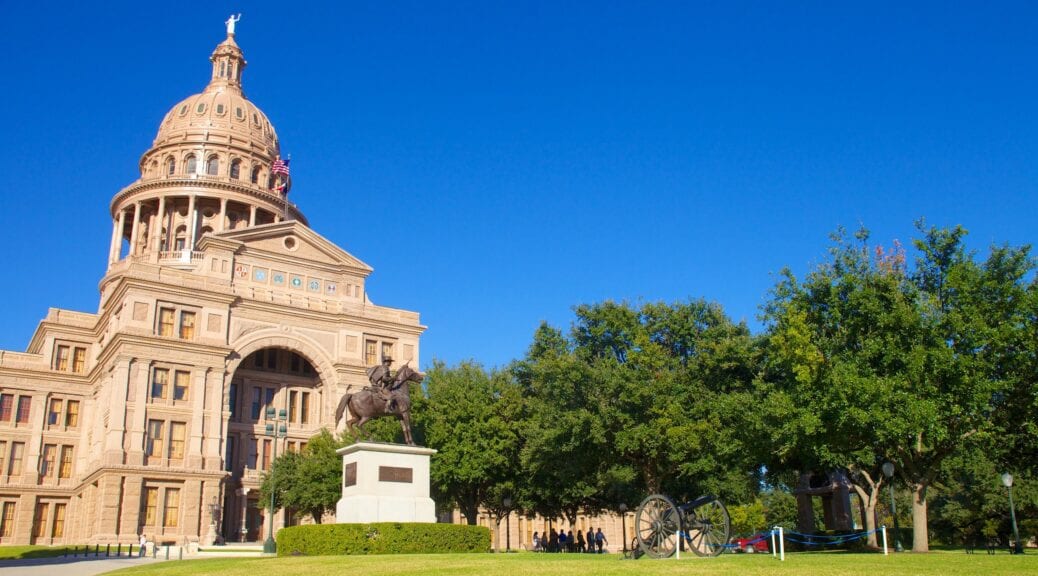
Return to April 2021 newsletter
Around the Texas Capitol: Legislature breaks into a sprint with deadlines looming
By Lauren Fairbanks, Shayne Woodard and J Pete Laney
TAD Governmental Affairs
Following the Easter holiday, the Texas Legislature kicked into high gear. With only a month before the first major deadline strikes, both chambers have been hard at work.
May 13 is the last day the House can consider House Bills, and the days are waning for House Bills to be heard in committee with plenty of time to be voted out and sent to the House Calendars Committee for placement on a daily calendar. The Senate, while less bound by the rules, follows a similar timeline. Both chambers are expected to work Monday through Friday for the remainder of the session.
While the COVID-19 pandemic is still shaping the legislative process this session, it has largely taken a back seat to the fallout from Winter Storm Uri, which saw freezing temperatures for days, ultimately causing power outages across the state and greatly impacting the dairy industry.
In response to those power outages, the Senate and House have each passed their legislative packages reforming the current energy market. It remains to be seen which proposals will get final approval. This issue has potential to bring the Legislature to a grinding halt, given both chambers have taken a different approach to reforms.
At the beginning of the COVID-19 pandemic and recently during Winter Storm Uri, the dairy industry was faced with millions of gallons of excess milk with limited capabilities to dispose of the unanticipated surplus. The TAD team has been working with Rep. Glenn Rogers (R-Graford) to address the need for safe disposal of excess milk in an emergency, through lagoon systems or land application. Rogers filed HB 3387 and it was approved April 19 by the House Environmental Regulation Committee and sent to the full House, where it has been placed on a Local and Consent Calendar for bills considered noncontroversial. Rogers has written about HB 3387 in a separate column of this newsletter.
The House and Senate have taken action on many of the respective chamber’s legislative priorities including some of the Governor’s emergency items. SB 5/HB 5, which would expand the state’s broadband access, have each passed their originating chamber and are awaiting action across the rotunda.
On April 6, the Senate unanimously approved SB 1, a two-year, $250 billion state budget. This includes $117.9 billion in general revenue, which is about $5 billion over the amount Comptroller Glenn Hegar projected to be available in his Biennial Revenue Estimate that was released in January. The budget does not factor in approximately $35 billion in federal COVID-19 relief money. The House will now consider SB 1 and make the changes they deem necessary before conference committees can be formed to resolve any differences. Constitutionally, this is the only measure required to pass each session.
Sales tax revenue update
Comptroller Hegar reported that state sales tax revenue totaled $2.63 billion in March, 2.4% less than in March 2020. This amount, however, includes some revenue remitted in March that in normal circumstances would have been received by the state in February. The majority of March sales tax revenue is based on sales made in February and remitted to the agency in March. This year, however, the Feb. 22 due date for state taxes and fees to be reported and paid was extended by one week, to March 1, due to the effects of the winter storm. After adjusting the March totals to account for March 1 activity, March sales tax revenue totaled $2.46 billion, down 8.6% from March 2020.